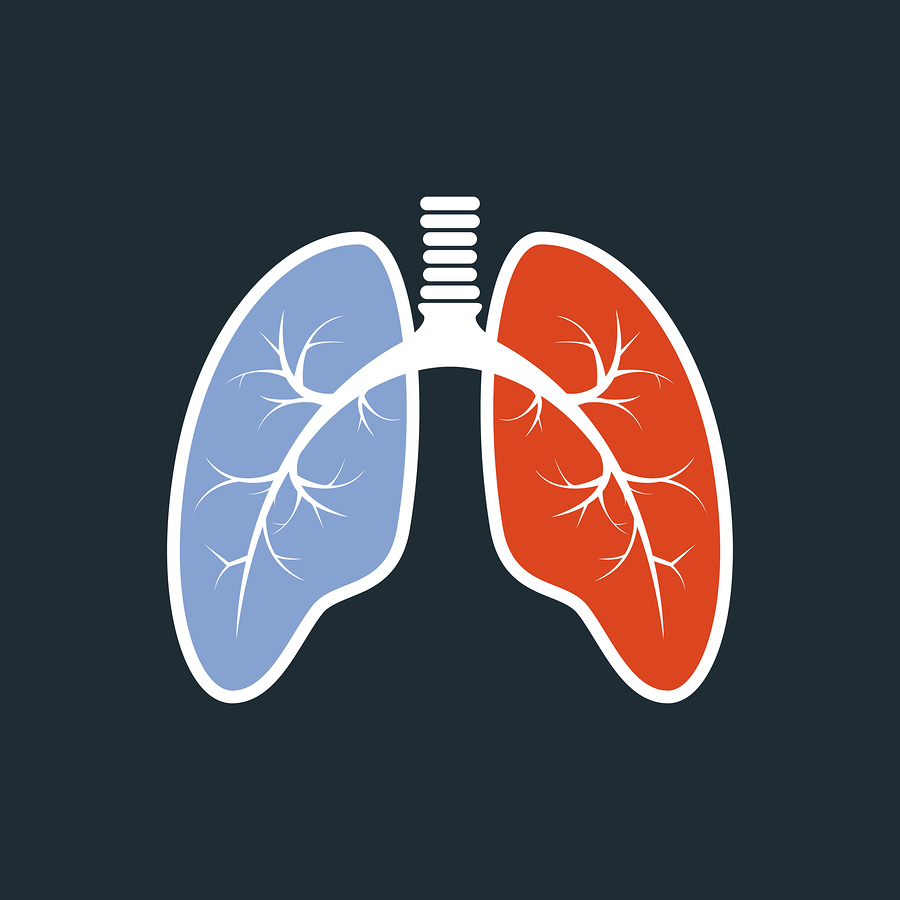Younger age linked to targetable genotypes in NSCLC
Patients younger than 50 diagnosed with non-small cell lung cancer have a higher likelihood of having a targetable genomic alteration for which therapies exist, says a study of more than 2,000 patients (Sacher AG, et al. JAMA Oncol. Published online ahead of print Dec. 17, 2015. doi:10.1001/jamaoncol.2015.4482).
Geoffrey R. Oxnard, MD, of the Dana-Farber Cancer Institute, and coauthors examined the relationship between young age at diagnosis and the presence of a potentially targetable genomic alteration and prognosis. The study included 2,237 patients with NSCLC who underwent genotyping between 2002 and 2014. Of the patients, 1,939 had histologically confirmed adenocarcinoma, 269 has NSCLC not otherwise specified, and 29 had squamous histologic findings. About 63 percent had either stage IIIB or stage IV cancers; the median age was 62 years and 27 percent had never smoked.
Across the entire group of patients, 712 of them (32 percent) had a targetable genomic alteration for which approved therapies exist or where compelling clinical trial data suggest the potential for targeted therapy. Among 1,325 patients tested for all five targetable genomic alterations, younger age was associated with an increased likelihood of a targetable genotype. Patients diagnosed younger than 50 had a 59 percent increased chance of detecting a targetable alteration compared with an older patient, according to the results. Lowest overall median survival was in patients younger than 40 (18.2 months) and those patients older than 70 (13.6 months), the study says.
The authors note study limitations, including the retrospective or historical nature of the data, as well as limited comprehensive data on individual patient treatment.
“Despite the aforementioned limitations, the findings of this study expand the current understanding of the genetics and biology of lung cancer in young patients. These patients possess a uniquely high incidence of targetable genomic alterations paired with an unexpectedly poor prognosis. This combination of opportunity and risk defines the treatment of NSCLC in young patients and requires unique therapeutic and research strategies,” the study concludes.

